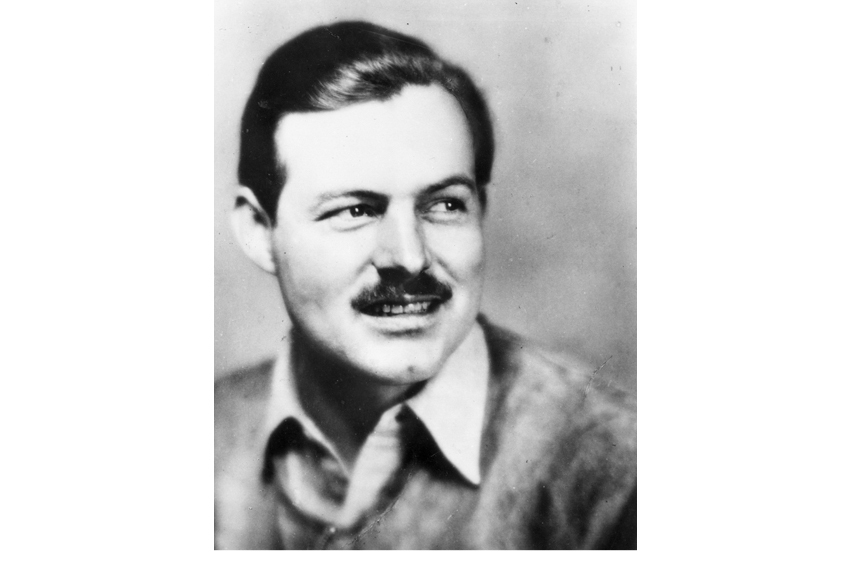There was a time when every alpha-male tyro author had to read Hemingway. He was an amalgam of Stephen Crane, François Mauriac and Errol Flynn, roistering war reporter, existential swaggerer and sexual aggressor, and a superb prose stylist to boot. When in 1978 Bruce Chatwin identified the literary masters whom an aspirant novelist should emulate, he recommended Chekhov, Maupassant, Flaubert and Turgenev for their piercing concision and stylistic richness, ‘and among the Americans, early Sherwood Anderson, early Hemingway and Carson McCullers’.
It is a good list for non-fiction writers as well as novelists. The Sun Also Rises (1926) and A Farewell to Arms (1929) — both drawing on experiences that are covered in this volume of Hemingway’s early letters — are great novels from which writers can learn. There is vaunting ambition in his later books, even if they sometimes seem overstrained. He deserved his Nobel Prize despite the stylistic tics. He did not deserve, despite the drunken posturing with which he tried to mask the depressive anxieties that caused his suicide, Truman Capote’s jibe that he was ‘the closet everything’.
Although Hemingway’s place in the 20th-century American canon is assured, he is uncherished today. It is partly to revive sympathy for him that a project has been launched to publish all his surviving letters, and thus reveal the mainsprings of his ideas and actions to a new generation. This volume has two editors, three associate editors, an advisory editor, and a project editor to keep one another from slacking. The result is a work of monumental authority, shrewd and sympathetic, which will be indispensable for anyone delving into Hemingway’s childhood affections, adolescent bravura, and the hope, enthusiasm and disgust of his early manhood.
In the period covered by these letters Hemingway was a dutiful child (a physician’s son growing up in a comfy Chicago suburb), a cub reporter on the Kansas City Star, a volunteer Red Cross ambulance driver on the Italian front, a foreign correspondent based in Paris, and ace reporter covering the Greco-Turkish war.








Comments
Join the debate for just £1 a month
Be part of the conversation with other Spectator readers by getting your first three months for £3.
UNLOCK ACCESS Just £1 a monthAlready a subscriber? Log in